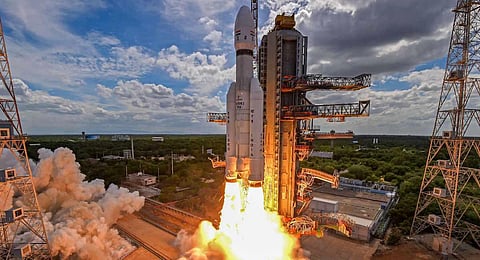

Establishing a permanent human base on the Moon, the ultimate aim of India's Chandrayaan missions, can turn out to be extremely useful for human civilization. Sustained human presence and operations on the lunar surface will develop vital capabilities in inhabiting non-Earth environments that are essential for venturing beyond cislunar space. The moon serves as a cost-effective testbed and launching point for missions to other destinations.
Here are some of the advantages of having a base on the Moon: